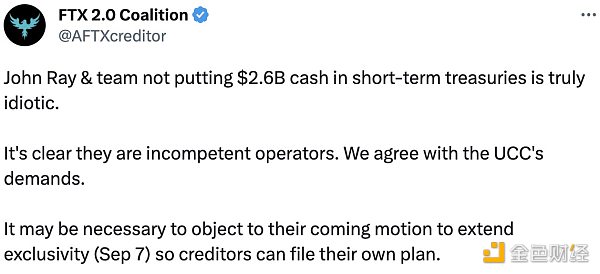What are the differences between the three stablecoin protocols based on Ethereum LST on the market?
What distinguishes the three stablecoin protocols based on Ethereum LST currently available?Currently, there are three stablecoin protocols based on Ethereum LST available on the market: Lybra Finance, Prisma Finance, and Raft. All of them are implemented through Ethereum staking. In this article, the crypto KOL “Rain in Sleep” analyzes the differences among the three protocols from the perspectives of radicalness, advantages, and risks.
Lybra Finance offers interest on debt, where the debt you create will automatically give you rebase rewards in the form of stablecoins. Prisma Finance offers automatic debt repayment, where the protocol will automatically repay your debt through the interest generated by your collateral. Raft offers collateral rebase, where the debt remains the same but the amount of collateral increases over time, without affecting the debt. In terms of aggressiveness, Lybra is the most aggressive, Prisma is in the middle, and Raft is not much different from traditional over-collateralized lending.
In terms of advantages, Lybra incentivizes liquidity with its own token and is also promoting the adoption of a full chain and eUSD. Although it is unclear about Prisma’s specific incentive model, it has a background in Frax, Curve, and Convex and is expected to deeply participate in the Frax and Curve ecosystems. Raft also has a good background, mostly as a market maker, such as Wintermute, GSR, and Jump, and led by Lemniscap, which should bring considerable resources and cooperation to Raft. Raft incentivizes liquidity by adding some high mining rewards for LP pairs to its stablecoin $R.
- a16z Investments: dydx, Alongside, LayerZero…
- Blockchain game Illuvium to launch NFTs in collaboration with game retailer GameStop, on sale from June 12th.
- Why does the US SEC, which has clearly classified more than a dozen tokens as securities, continue to avoid addressing the status of ETH?
From the perspective of incentivizing liquidity, it can be understood that Lybra is more like a group of DeFi Degen players who have set up a game. However, because they initially had to incentivize liquidity through tokens, they attracted some FUD, mostly regarding whether the LP liquidity could handle the token release. But if there is no incentive for the cold start, there will be fewer players. Another issue is that eUSD lacks deep liquidity, which is unavoidable. In the end, Lybra can only attract potential partners’ favor by achieving some results to obtain more long-term development, such as their current collaboration with Layer Zero.
Prisma, on the other hand, was formed by a group of DeFi OG players, and they obviously had the opportunity to receive support from various large-scale DeFi Lego players at the beginning of its release, making the cold start easier. Raft was formed by a group of VCs and market makers with good resources. From a risk perspective, Lybra and Prisma have similar models, but Prisma’s automatic repayment can reduce the borrower’s LTV. Raft can also do this by increasing the collateral value, but the effect is not as good as Prisma. Lybra’s eUSD rebase requires manual repayment, so it faces higher risks. However, I still hope to see more protocols like Lybra, including in terms of protocol conception and product execution.
Reference: https://twitter.com/qiaoyunzi1/status/1665990336177655808
We will continue to update Blocking; if you have any questions or suggestions, please contact us!
Was this article helpful?
93 out of 132 found this helpful
Related articles
- Hourglass Finance: Providing Comprehensive Infrastructure for Time-Locked Tokens
- Understanding the Pros and Cons of FPGA and GPU Acceleration for Zero-Knowledge Proof Calculation
- Web3 IP: What’s Next?
- Deep analysis of the intent behind SEC’s lawsuit against Binance: a jurisdictional dispute or a show of power?
- Apple Vision Pro priced at 25,000 yuan released, ushering in the next generation of human-computer interaction?
- Is Binance in trouble this time with “Li Chu” or “Taking on a Hot Potato”?
- 13 Key Points to Understand the SEC’s Lawsuit Against Binance and Changpeng Zhao






